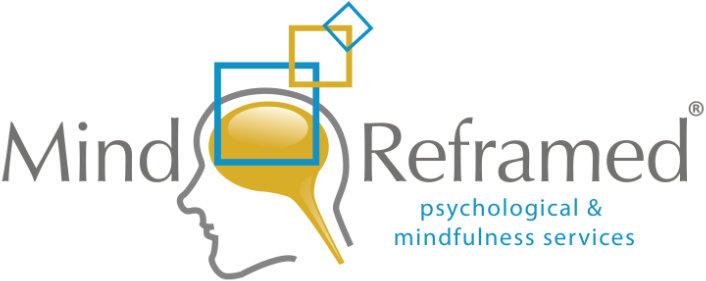Radically Open Dialectical Behaviour Therapy (RO-DBT) is an evidence-based treatment for individuals who experience difficulties characterised by excessive over-control. It has been informed by over twenty years of clinical and experimental research. RO-DBT was originally developed for people with treatment-resistant chronic depression and anorexia nervosa, however, research results suggest that it is also effective in treating difficulties associated with obsessive compulsive and avoidant personality types, autism spectrum and treatment-resistant anxiety.
RO-DBT is a 30-week programme consisting of individual therapy and skills classes and it is suitable for people who wish to be supported, and learn new skills, in the areas of:
- forming and maintaining satisfying relationships
- mismatch between outward expression and inner experience
- chronic feelings of anxiety, including social anxiety
- prolonged periods of lowered mood and chronic depression
- anorexia nervosa and eating difficulties
- obsessive compulsive personality type
- autism spectrum
- avoidance, rigidity and low openness
- emotional loneliness
- emotional constriction
- unhelpful patterns of behaviour, including self-harm
- forgiveness, letting go and repairing relationships
- tolerating imperfection.
Maladaptive over-control is characterised by four core difficulties:
- Low receptivity and openness: manifested by low openness to novel, unexpected, or disconfirming feedback, avoidance of uncertainty or unplanned risks, suspiciousness, hyper-vigilance for potential threat, and marked tendencies to discount or dismiss critical feedback.
- Low flexible-control: manifested by compulsive needs for structure and order, hyper-perfectionism, high social obligation and dutifulness, compulsive rehearsal, premeditation, and planning, compulsive fixing and approach coping, rigid rule-governed behaviour, and high moral certitude (e.g., there is only one right way of doing something).
- Pervasive inhibited emotional expression and low emotional awareness: manifested by context inappropriate inhibition of emotional expression (e.g., exhibiting a flat-face when complimented) and/or insincere or incongruent expressions of emotion (e.g., smiling when distressed, showing concern when not feeling it), consistent under-reporting of distress, and low awareness of body sensations.
- Low social connectedness and intimacy with others: manifested by aloof and distant relationships, feeling different from other people, frequent social comparisons, high envy and bitterness, and reduced empathy.
For further details on this innovative type of therapy please visit www.radicallyopen.net.
Radically Open DBT programme is currently run independently of Mind-Reframed and is facilitated by Helen Brice, an associate therapist of Mind-Reframed, Ian Wooton who is a consultant clinical psychologist and RO-DBT therapist and Dr Alex Fowke who was involved in the original REFRAMED study, a randomised controlled trial of RO-DBT for treatment-resistant depression. Weekly classes are currently held on Thursdays from 7pm to 9pm online via Zoom. The fee is £85 per 2-hour weekly class and it’s payable for five classes in advance. Please email us to make arrangements for an assessment.
RO-DBT is not indicated for clients whose difficulties revolve around emotion dysregulation and those who were given the diagnosis of BPD/EUPD. In contrast to traditional DBT, RO-DBT was developed for individuals struggling with excessive self-control, also known as over-control, and it targets social signalling deficits, low openness and aloofness as opposed to impulsivity, under-control and emotion regulation difficulties which are characteristic to those who meet the criteria for BPD. Having said that, it is possible to experience emotion dysregulation and also struggle with a degree of over-control. However, this would be approached in standard DBT, not RO-DBT.




